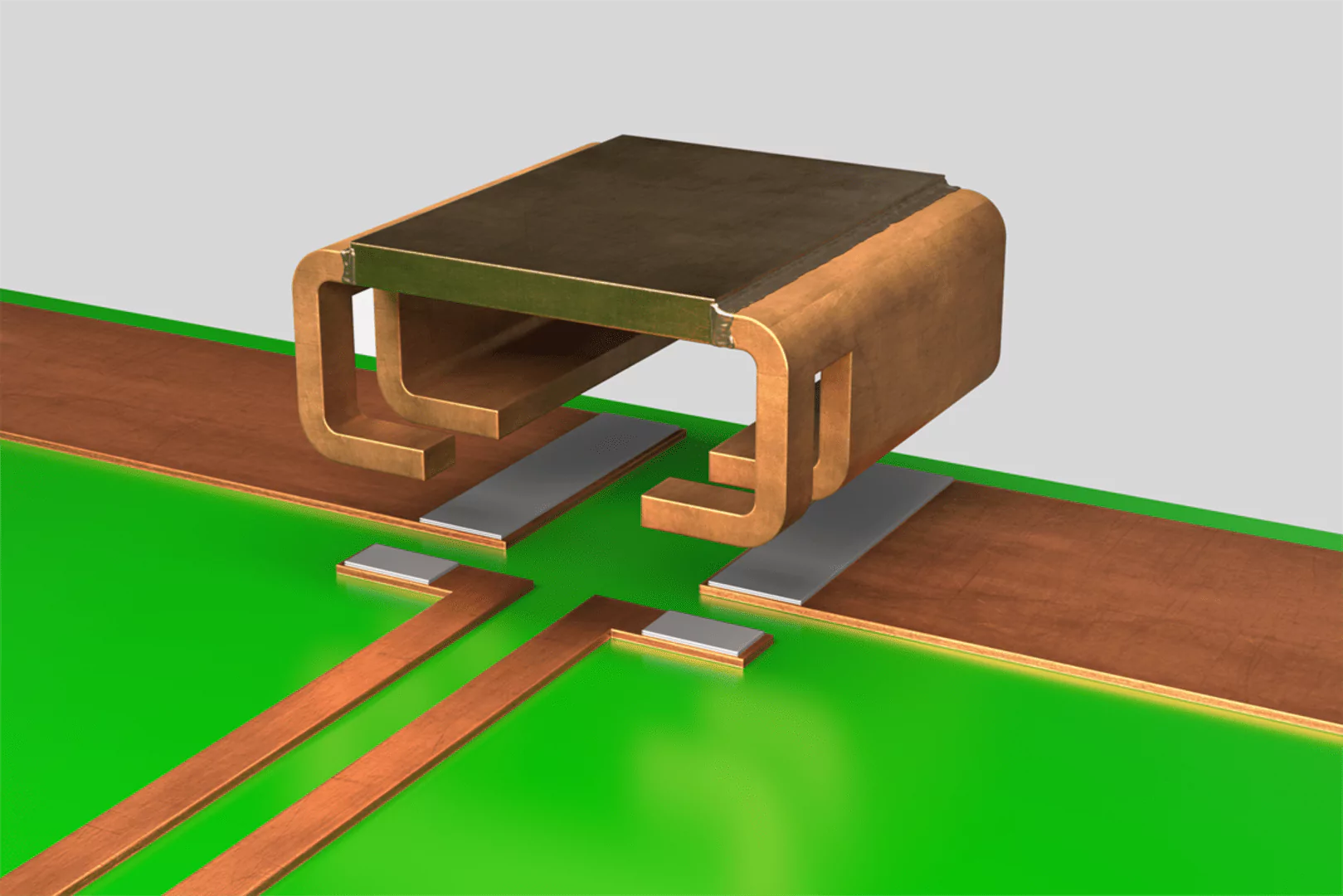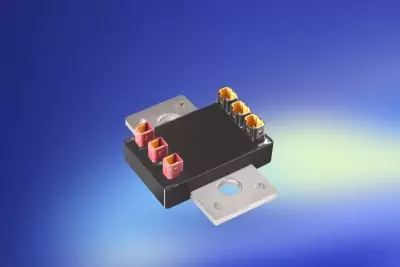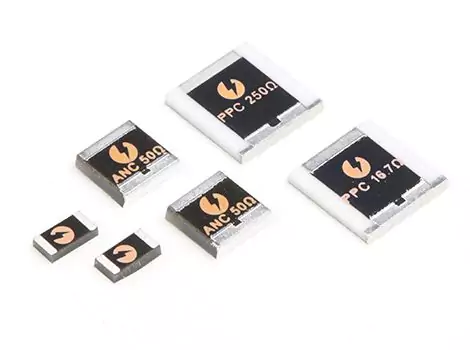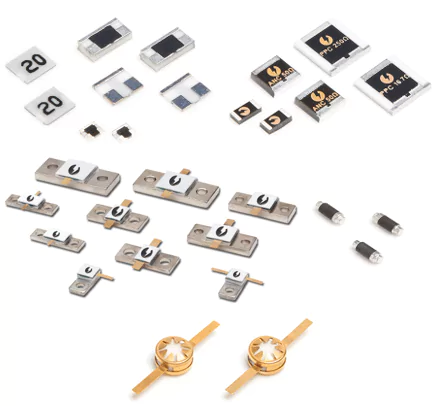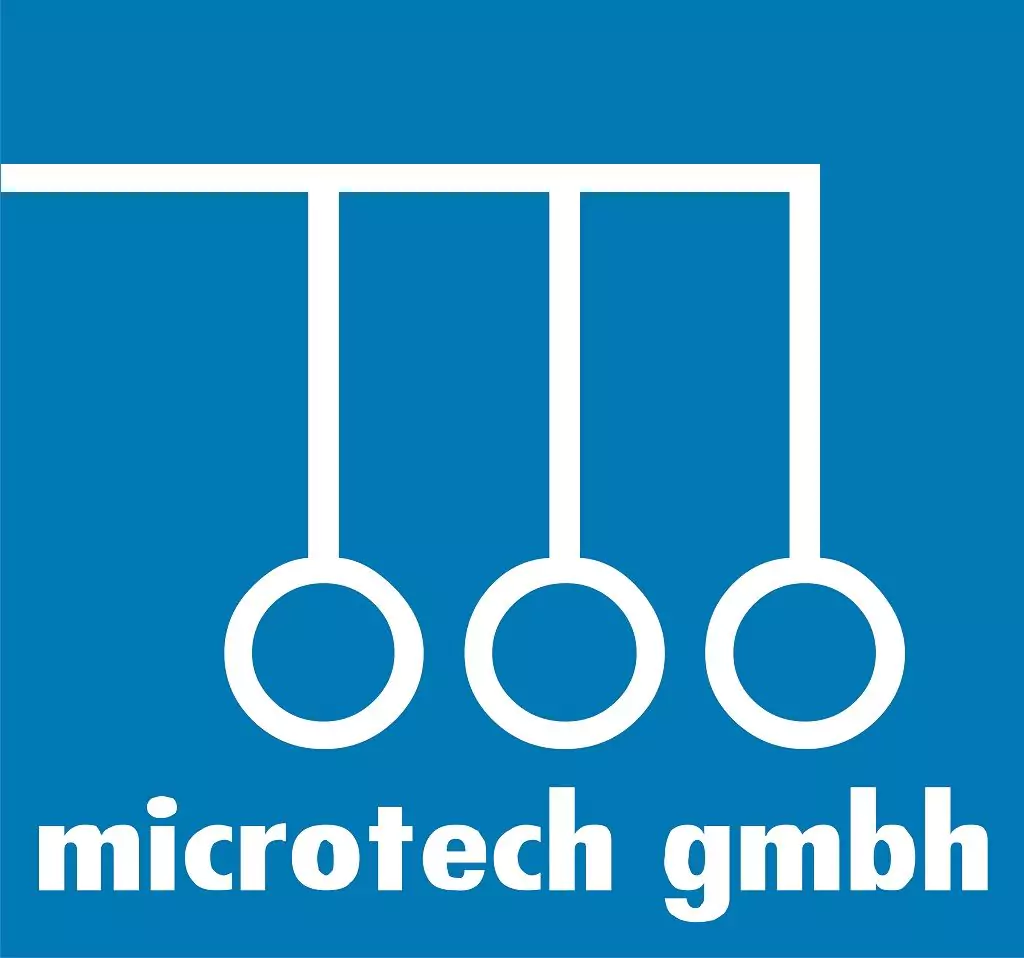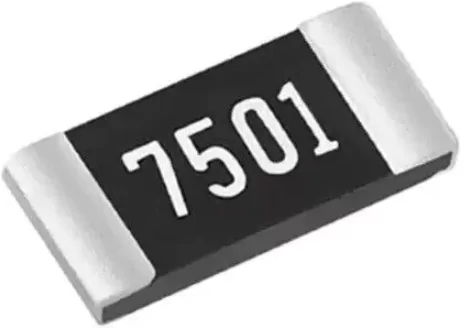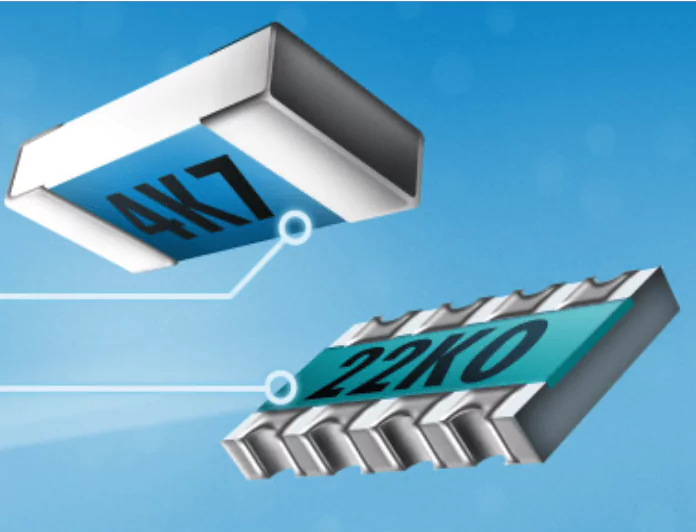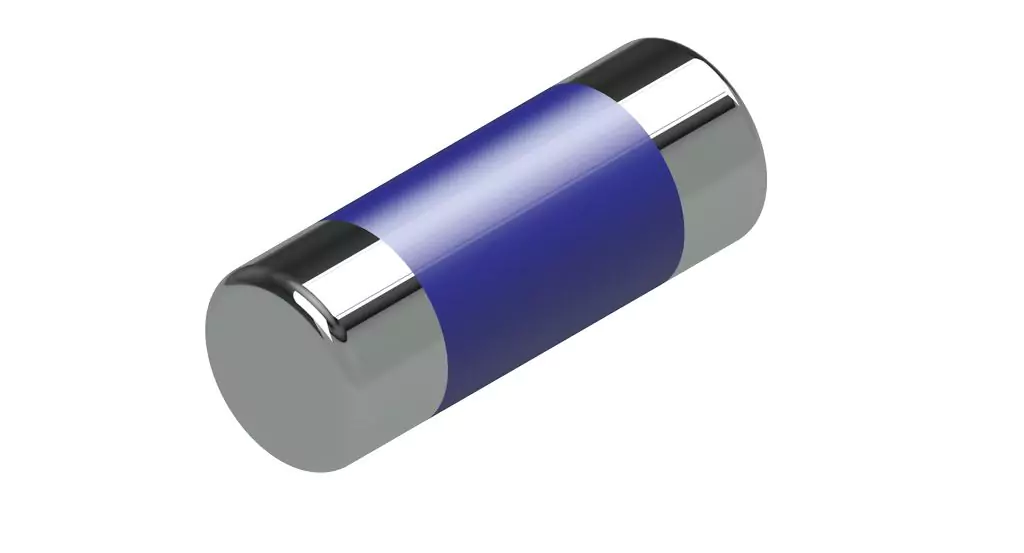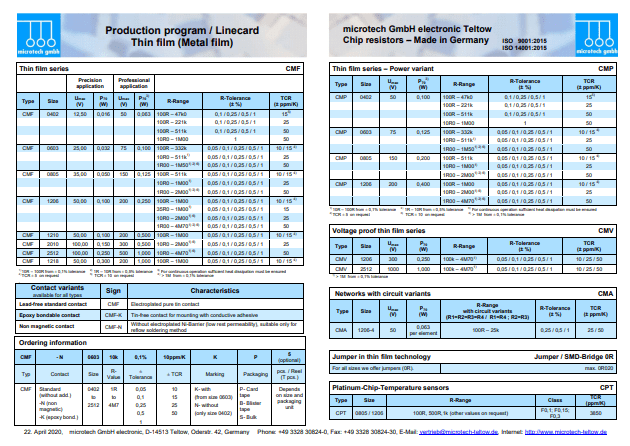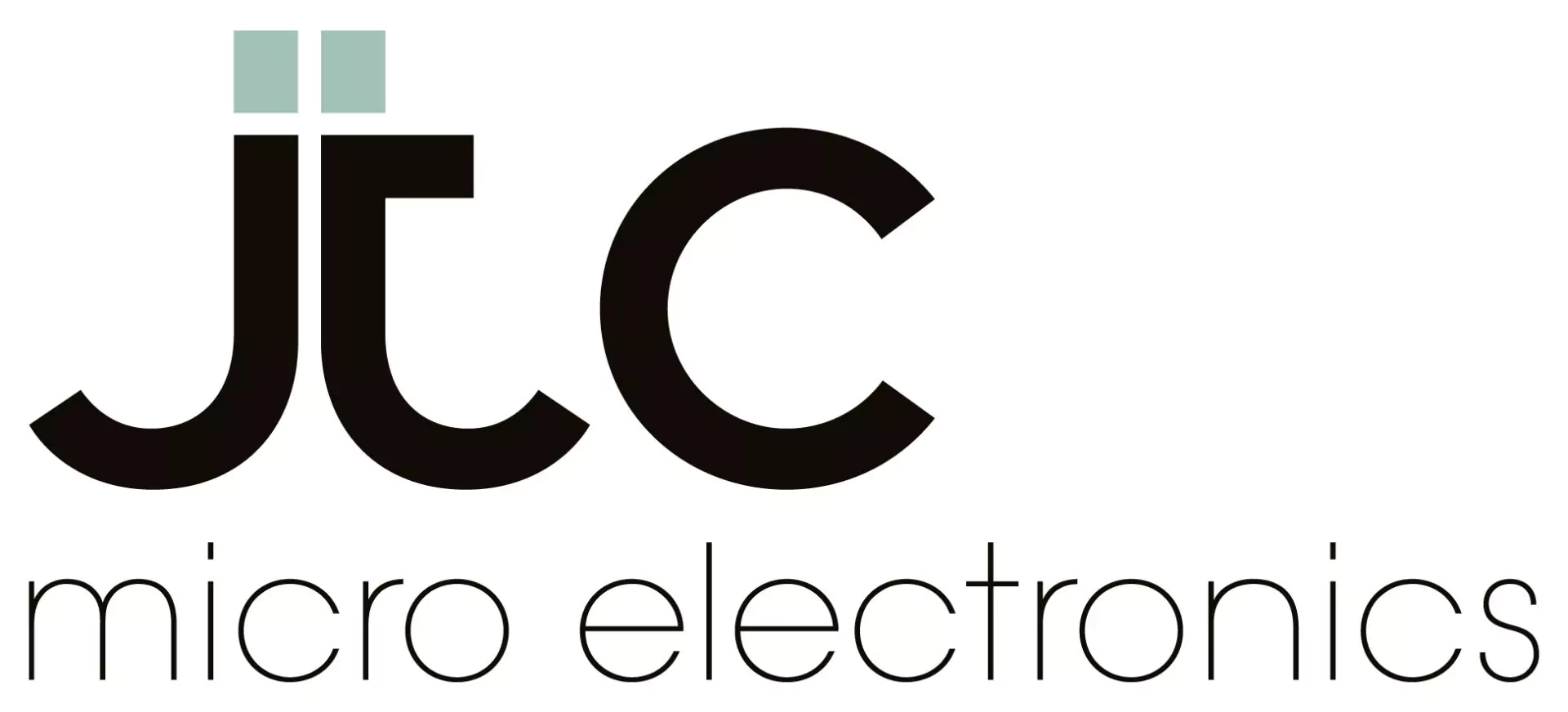A sensor with high-precision, redundant current measurement for consistently efficient energy control.
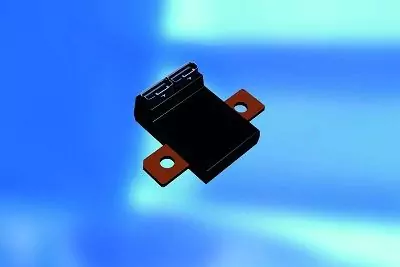
You're looking for a redundant current measurement system for batteries in alternative drive concepts. It should enable you a safer measurement even in the event when one channel drops out. You prefer a single and reliable user-friendly application and that's what the ICB-M offers you today.
Isabellenhütte presents a new current measurement system with two independent channels
The new ICB-M features two mutually independent measurement channels, which are galvanically isolated and have a separate power supply, setting it apart from the competition. The first channel, a high-precision current sensor, ensures high measurement accuracy through direct shunt-based measurement. The measurement values are determined within a 24-bit range. The current sensor features an output rate of 1 kHz. CAN 2.0 is used for communication, with a data rate of up to 1 Mbit/s. A CAN Database Container (DBC) facilitates rapid system integration. The ICB-M provides a digital measurement channel (Channel 1) as well as an analogue Channel 2, completely galvanic isolated from the first, that relies on a magnetic measurement method and analyses the magnetic field generated by the current flow in the conductor, providing a voltage-level output in a measurement range of +/- 300 amperes.
Redundancy means certainty and cost-benefit advantages
The ICB-M makes current measurement safer, even in the event of malfunction. The two measurement channels provide redundancy in the system – the variable to be measured can be calculated in different ways. When one channel drops out, the missing measurement value can still be ascertained with the alternative channel. “The ICB-M makes a higher level of safety possible than conventional current measurement modules. A downstream integrated safety functionality makes it possible to achieve ASIL C,” according to Jens Hartmann, Sales Director ISAscale® at Isabellenhütte. The redundancy enables on-board diagnostics (OBD) and also has cost benefits versus selective solutions. A second measurement system must be integrated to ensure that conventional sensor modules have room for error. But the affordable ICB-M comes with this included, eliminating the cost of an additional measurement system to ensure redundancy.
Main Advantages
- High precision current measurement
- two mutually independent measurement channels
- Enabling of on-board diagnostics (OBD)
- CAN 2.0 communication
- Compact size




